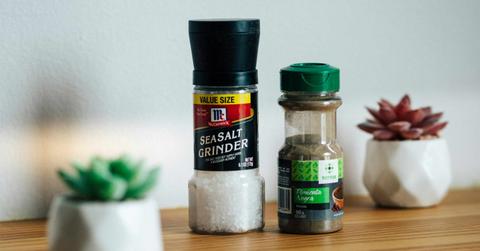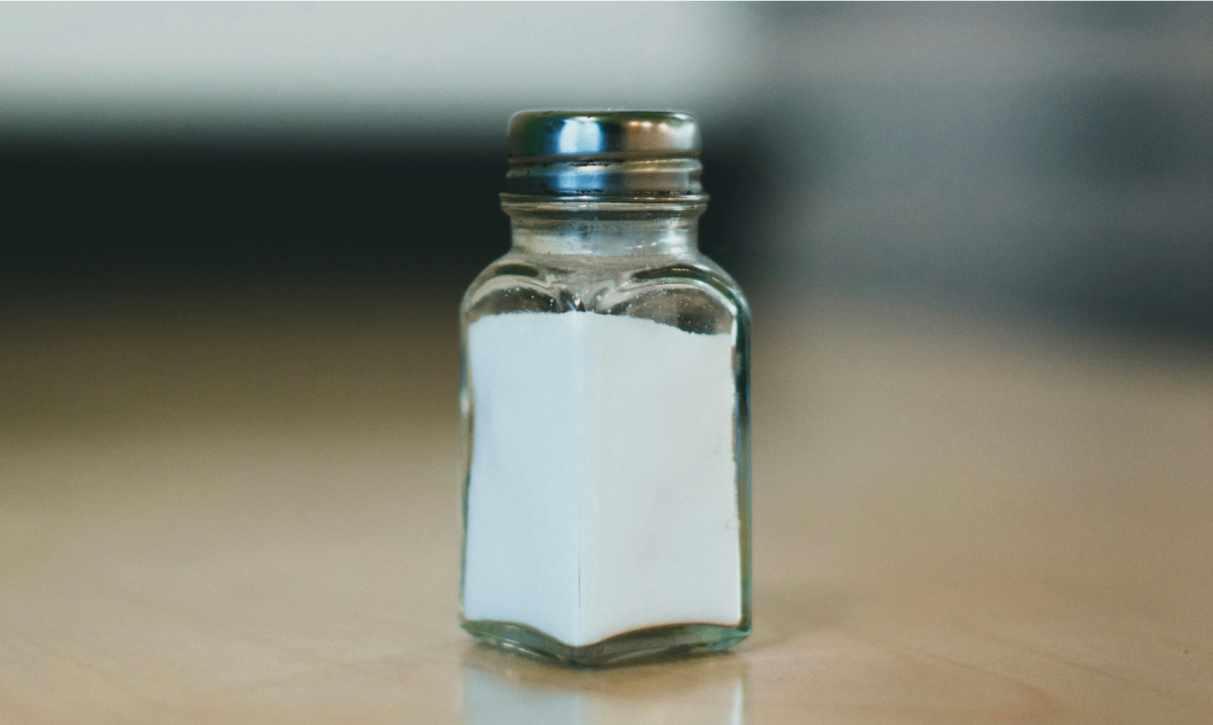South Korean Researchers Discover Adding Salt to Meals Increases Chances of Hearing Loss
Nearly 500,000 participants were studied.
Updated Sept. 8 2025, 2:51 p.m. ET

For ages, doctors have either recommended patients add a tiny bit of salt to their meals for purported health benefits — or abstain from added salt for maximized health and longevity. The salt we buy in big box stores may not be as it seems, and the legitimacy behind the claims of benefits of certain types of salt is debatable.
Recently, researchers from South Korea have studied nearly half a million participants to attest to the claim that added salt may increase your chances of hearing loss.
Below, we explore the latest research out of South Korea regarding the use of salt and how it impacts the health of our ears and our hearing abilities. Continue reading to learn more about this research and what you should take away from the study of nearly half a million people and their consumption of salt and its effects on their hearing.

Adding salt increases your chances of hearing loss, according to researchers.
According to Newsweek, South Korean researchers studied nearly half a million participants — 492,168, to be exact — whose ages ranged between 40 and 69 and with no reported hearing loss prior to the study.
"Participants self-reported how often they added salt to food and were tracked for 'incident hearing loss' over several years," per the Newsweek report. "Frequency of salt addition was categorized as 'never/rarely,' 'sometimes,' 'usually' or 'always.'"
Ultimately, the study found that participants who always added salt to their food and meals had an astounding 23% higher risk of hearing loss when data was compared to that group's counterparts who never or rarely added salt to their food and meals.
"The link was strongest in younger adults, men, and those without diabetes or hypertension," according to the Newsweek report. If it wasn't clear yet, hearing loss is something that should be taken incredibly seriously.
The study appears to be one of the first of its kind, of this size, to provide such conclusive data.
"Previous studies on salt intake and hearing were small and inconclusive," study author and researcher Youngji Han of Kyungpook National University Hospital told Newsweek. "Our research is the first large population-based study to show that higher frequency of adding salt to food is associated with greater risk of hearing loss, even after adjusting for other dietary and health factors."
"Over a mean follow-up of 11 years, 19,188 participants developed hearing loss," according to the "Results" section of the research. "Mediation analysis indicated that systemic inflammatory markers, particularly glycoprotein acetyls and CRP, significantly mediated part of the association, while blood pressure and arterial stiffness did not demonstrate a significant mediating effect."
In the "Conclusion" section of the research, the South Korean research team noted that "Frequent addition of salt to food was associated with an increased risk of incident hearing loss in a dose-dependent manner. These findings suggest that salt intake may be a modifiable risk factor for hearing loss and implicate systemic inflammation as a potential biological pathway."